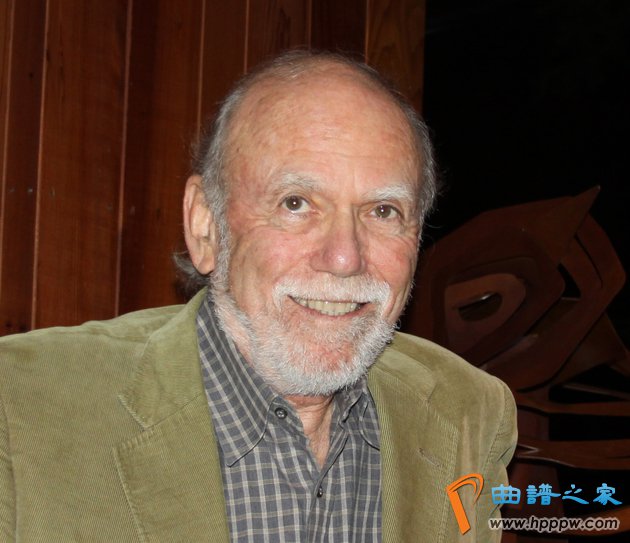Most Popular

Waving goodbye to the twisty 2020, National Business Daily (NBD) invited six Nobel Prize winners to share their insights on global economic outlook, scientific innovation, and scientific spirit at the beginning of 2021.
One of them is Professor Barry Barish who shared the Nobel Prize in Physics 2017 for "decisive contributions to the LIGO detector and the observation of gravitational waves".
In the interview with NBD, Professor Barish told the story of his scientific research and his scientific spirit.

Barry Barish Photo/provided to NBD
The charm of scientific research lies in the unknown
Unlike many scientists who have developed an interest in research since childhood. Professor Barish told NBD that writing novels is his dream when he was young.
His academic career at the University of California, Berkeley, made him fall in love with physics. From then on, his career ambition was no longer to be a novelist, but to take physics research.
After winning the Nobel Prize, Professor Barish has found more things interesting in life in addition to physics.
"The most interesting change to my life resulting from winning the Nobel Prize is my views regarding societal issues like climate change, nuclear proliferation and international collaboration in science. I take seriously my responsibility in communicating on these issues." he said to NBD.
Besides, in face of today's uncertain world, Professor Barish encourages young researchers to do research to the best of their ability.
"To carry out research to the best of our ability is fundamental to basic science". He emphasized that it is important to have a strong basis and reasons behind scientific studies that require time and resources. It is OK to fail, if the research was well-founded and performed as best as possible.
In the view of Professor Barish, although the process of scientific research is very boring, it is precisely becomes more attractive because it's exploring the unknown.
"In fact, failure is fundamental to good research. If we knew all the answers in advance, it would not be worth doing experiments. The unknown may lead to discoveries, but also may lead to no new knowledge (or failures)." he noted.
Outcome, primary objective for scientific research
In the process of carrying out scientific research and pursuing truth, we often encounter a problem: which is more important, the process or the result? Should we enjoy the fun in the process of pursuing truth, or pay more attention to the result?
Professor Barish believes that outcome is the primary objective with no doubt. He explained that science is done to learn and to advance knowledge and it's about using what we know to achieve our goals.
In order to achieve the goal of scientific research, he also stressed the importance of scientific research environment and said that "the research environment should be one where the goals are understood, supported and shared by all involved."
For those ambitious goals in research which always require a lot of time and resources, Professor Barish thinks that responsible spending must be realized, even if that involves some compromises in the research.
"I believe one should follow their dreams as far as they can. When it is necessary to change due to "dream or bread" or other such practical issues, it is possible to find satisfaction in areas that may be more practical from a practical standpoint and still will give personal satisfaction." Professor Barish said.
Editor:
Gao Han
相关曲谱
- 驻省国资委纪检监察组:推动三项谈话制度化常态化
- 驴驹和牛
- 风雪草原情
- 韩影票房:徐睿知新片夺冠 《徐福》降至第三
- 韩女星Luna回顾出道至今历程 称fx从没有解散
- 韩国模特边正秀发文称确诊新冠 所幸家人未被感染
- 韩剧收视:《光姐妹》复播夺冠 《月升之江》落幕
- 韩《偶学》投票造假案三审 制作人曾自称不算犯罪
- 静夜思(声乐 )
- 青科“创造营”,永不收官
- 难忘各各他
- 长征组歌到吴起镇
- 重启版《岳父大人》卡司:《环太平洋2》女星主演
- 郑恺公司涉合同纠纷案 被强制执行3300万
- 郑州科技局回应“熟鸡蛋孵小鸡论文”:配合其他部门联合调查
- 遏制中俄?西班牙学者:各国不必为美国利益买单
- 速览 学校一周要闻(418425)
- 趣快排SEO观影团《追虎擒龙》北京金逸影城免费抢票
- 赵丽颖网络侵权案二审胜诉 侵权方需公开道歉
- 起底鸡娃号:打“海淀”招牌抱团运作,确实在贩卖焦虑吗?

